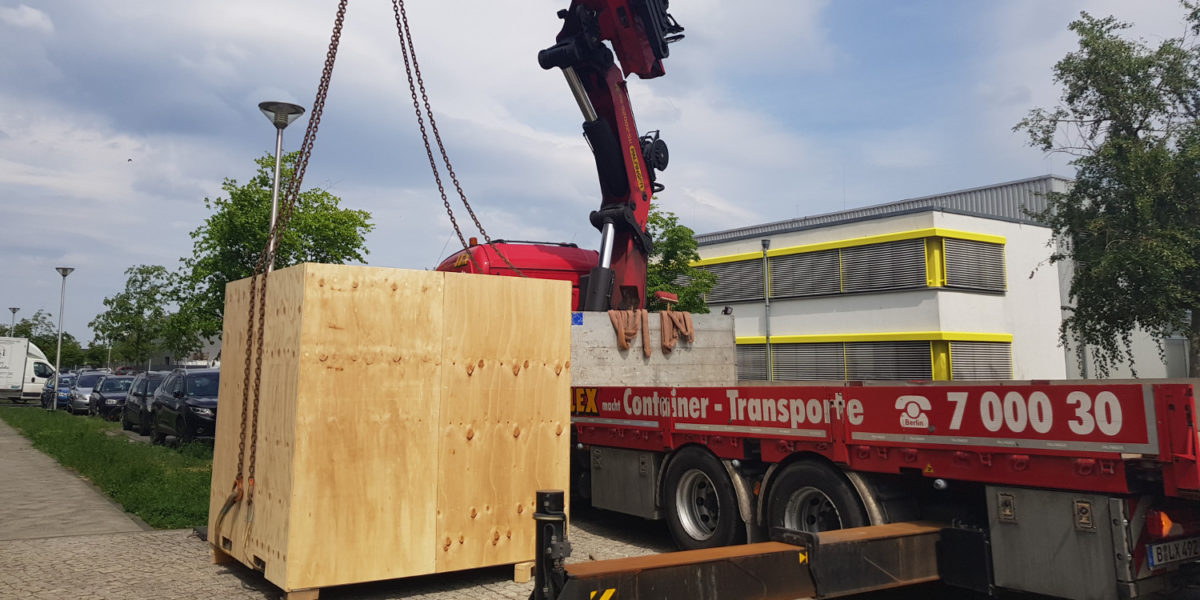At a press event on Tuesday in Germany's capital, Berlin, Autarsys announced it will cooperate with Greenvesting and Ecoligo. By securing financing via crowd investment platforms, they intend to roll out PV storage systems in off-grid regions in developing countries.
The three companies also launched Germany's largest crowd investment campaign, to fund a solar project in Asia. The campaign’s target volume of €500,000 will enable the Cauayan eco-resort, located in the Philippines, to install a 173 kW solar PV system, which will be combined with a 499 kWh battery storage solution. Interested investors can start at €500 and will receive a 6% interest rate per annum in return. Investments exceeding €10,000 will be honored with a two-night stay at the resort for free.
Representatives of the crowd investment platform, Greenvesting and Ecoligo, stressed their transparency. At the event, they reported that investors will receive quarterly reports regarding financially important aspects of the project, in order to establish trust between investors and project developers.
The resort is located on the small island of Cauayan in the Philippines, on the coast of Palawan. Currently, it is powered by a diesel generator. Following the installation of the PV-storage system, it will save 86,000 liters of diesel and 265 tons of CO2 emissions, annually.
The companies further highlighted that the use of a battery storage system will reduce energy costs for the resort, ensuring the profitability of the project.
Even though this mode of electricity supply is a more economical option, financing has been a major obstacle so far. Local communities often lack the means to pre-finance the systems; and the investment costs for a PV storage system are deemed 10 times as high as those of a conventional diesel generator.
The problem of financing such a project lies in the immense interest rates offered by banks. In the Philippines, they are set at 24%, Matthias Roß, CEO of Autarsys reports. European Banks and development funds, meanwhile, usually focus on larger projects. Systems that require financing between €100,000 and €2.5 million fail to fit the frame, and are not deemed attractive enough.
At the same time, there is enormous potential for the development of solar PV, as Kathrin Goldammer, CEO of the Reiner Lemoine Institute (RLI) says. The institute provides research for the development of new energy systems in the Philippines, among other countries.
In the Philippines, a geographic challenge is presented in the country's over 7,000 islands, she says, which can only be supplied with energy using distributed resources. With high solar irradiation, PV is one of the most viable options.
“Modern energy storage systems are the fundamental building block for a comprehensive and sustainable energy supply on many islands in the Philippines. Our studies have shown that the hybridization of all state utility owned island grids requires at least 100 MWh battery storage; assuming a renewable energy share of 25%. Pilot projects such as such this are very important to convince decision makers in the Philippines of the feasibility of sustainable energy solutions,” says Goldammer.
Crowd investment platform, Ecoligo was established two years ago, CFO, Markus Schwaninger says, after he noticed that PV was not being deployed to its full potential in developing countries, due to financing issues.
In an anecdote, Clemens Triebel, trustee of RLI recalls that he developed solar modules for Solon Laboratories AG some 20 years ago and was fairly convinced that 70-80% of the modules would be sold to Africa and other developing countries with high solar irradiation.
After some years, Triebel noted that not a single module had been sold to these markets, however. The problem, even back then, was the complicated financing. Again, high interest rates and a lack of concern from European banks led to the fact that it was impossible ship the modules to Africa. Therefore, today he is happy to see that creative investment and cooperation between solar companies have found a way to overcome this obstacle.
Investors and local decision makers have responded very well to the approach of crowd investment, showing that it is working already. Autarsys for example, has received hundreds of requests for similar storage systems from Madagascar and Palawan, showing full order books. Moreover, the market for crowd investment in Europe between 2014 and 2016 has grown by 283%; and globally it has now reached a volume of $260 billion – significantly larger than the entire global development aid volume.
During recent years, the market has grown rapidly, and the reduced costs of PV and battery storage ensure the profitability of such systems. With the new means of financing, project developers are no longer dependent on larger banks to bring the technology to the off-grid markets of developing countries.
This content is protected by copyright and may not be reused. If you want to cooperate with us and would like to reuse some of our content, please contact: editors@pv-magazine.com.




By submitting this form you agree to pv magazine using your data for the purposes of publishing your comment.
Your personal data will only be disclosed or otherwise transmitted to third parties for the purposes of spam filtering or if this is necessary for technical maintenance of the website. Any other transfer to third parties will not take place unless this is justified on the basis of applicable data protection regulations or if pv magazine is legally obliged to do so.
You may revoke this consent at any time with effect for the future, in which case your personal data will be deleted immediately. Otherwise, your data will be deleted if pv magazine has processed your request or the purpose of data storage is fulfilled.
Further information on data privacy can be found in our Data Protection Policy.